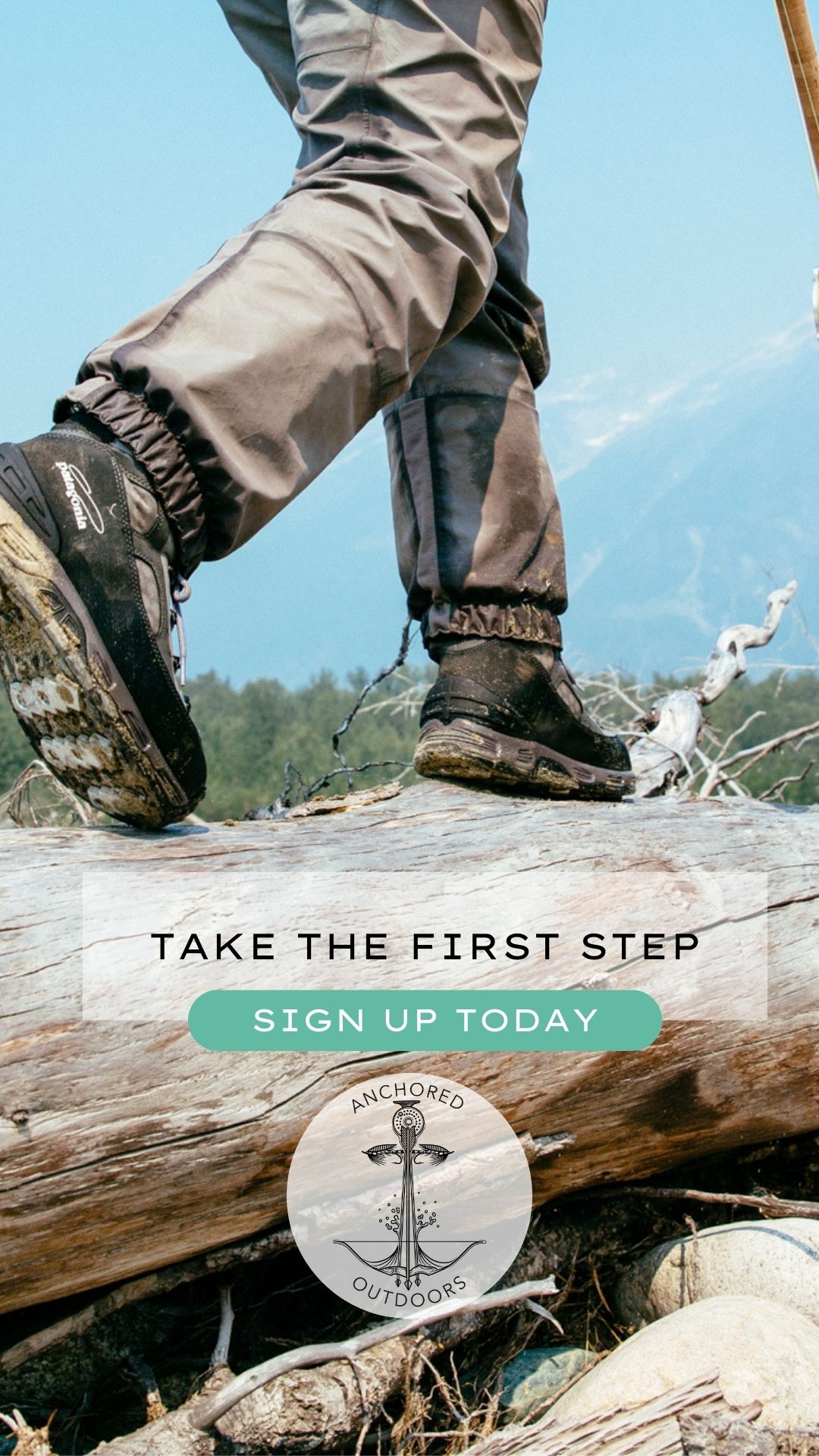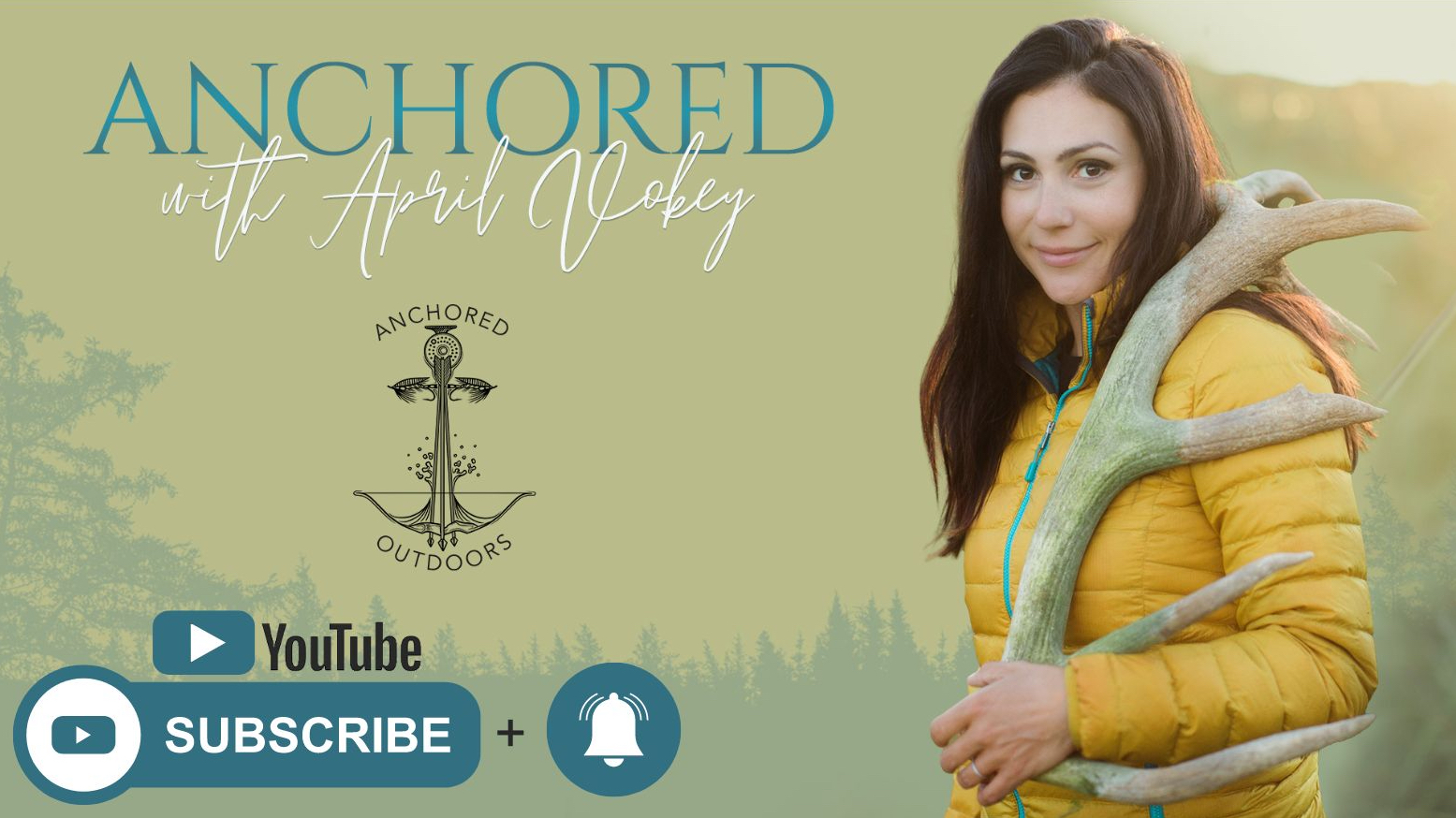Hey there Mister,
Take a good look at my country; it’s the natural Bona fide high.
When you look up from the numbers on your paper, you might see Yakista pass you by.
You might see it all pass you by.
And now there’s trouble here, in a land so far away.
Where all the dark suits make the rules from a thousand miles away.
I’ve seen the future here, I’ve read the history.
You make your money grow while killing my country.
Hey there Mister,
Take a good look at my country; it’s the Eden and the apple of my eye.
You’ll come up from your office in the city;
I will meet you at the river by and by…
I cannot let this pass me by.
Rachelle Van Zanten Singer/songwriter and strong Canadian
I’m tired of feeling small. On game seven of the Stanley Cup Finals, I sat on the edge of my couch and began the evening as a proud Canadian.
Adrienne Comeau Photo
Several hours later as glass shattered and fires ignited, I slumped into that same couch, discouraged, small and belittled as the city erupted into sheer chaos.
Ashamed and shocked by what was unraveling before my eyes, I yelled at the television, gawked at the “animals” that tore apart the city, and cursed the spectators who watched with grins and iPhones raised…
As I sat there emotionally drained and disappointed, I couldn’t help but wonder if that evening might have resulted in a different outcome had citizens teamed together determinedly tried to stop the violence.
Would the extra support of public strength have helped?
How many of you picked up the paper the next morning and thought, “I would never have done something like that”?
Heck, how many of you thought, “If I were there, I would have…”?
Now, what if I told you that similar havoc is being wreaked in British Columbia’s most sacred and endangered watershed, only this time you actually have the power and the foresight to put an end to it?
I first became aware of this in a phone conversation with Shannon McPhail, when she explained an intrusive proposal planned for Northern British Columbia in 2012.
Shannon is the Executive Director of the Skeena Watershed Conservation Coalition and she shared the particulars of a case that was sure to spark my ambition to take action.
I felt myself stiffen and squint with frustration. Question after question I fired her way and response after painful response she shot back at me.
I hung up the phone with the fierceness of a vixen, vowing to educate myself further on the case she had shared with me.
Reports, documents, interviews, press releases… I raided online archives and phoned people I knew could answer my questions.
Determined to battle through the biologist’s jargon and political mazes, I set out on a mission to research this proposal so that I could then turn to you, the public, to ask for your help.
I am writing this column with the hopes that I may reach you without steering you towards intimidation or inferiority.
With this, I sincerely beg of you to notice the simplicity of this case and choose to take the time to fight with me against this particular devastation scheduled for British Columbia in 2012.
We have less than one year to change some minds and it is my intention to start by changing yours.
Here’s what’s happening…
Northern B.C. is famous for its beautiful landscape, the Skeena River, and the majestic tributaries that it feeds life into. The Skeena River is BC’s second longest river and is home to the second largest population of salmon in the country. It’s also the mother of one of the most prolific wild steelhead runs in the world and is a major habitat area for the province’s grizzly bears, mountain sheep and caribou.
Carr Clifton Photo
As the river stems up from the ocean and winds towards its headwaters (the source of the river and where it begins), it opens into a majestic alpine basin that nurses the birthplace of the Skeena, Nass and Stikine rivers.
The combination of these three major rivers make up what is known as the Sacred Headwaters; headwaters that have recently been declared the most endangered river(s) in the province of BC.
Carr Clifton Photo
These Sacred Headwaters are in the midst of what could become some of the most devastating destruction in British Columbia’s history.
In 2004, the B.C. government granted Shell Canada, a subsidiary of Royal Dutch Shell, the rights to hold 400,000 hectares (the equivalent of nearly one million acres, or 757,575 football fields) of the Sacred Headwaters for the intent of extracting coalbed methane gas (a natural gas found in coal beds such as those that are buried in the heart of the Skeena country); a gas that’s primary use is for household heating.
Drilling permits were issued from our government to Shell, based on the assumption that no salmon were present in the Sacred Headwaters. Now that salmon returns to the Sacred Headwaters have been documented, the permits to drill these areas still remain in place.
Joe Riis Photo
It was at this time that Shell began its exploration by setting up three test wells in B.C.’s landscape. It was their intent to drill 11 more by 2008, but when residents from the Nass, Skeena, and Stikine watersheds got word of this proposal, First Nations, ranchers, and environmentalists successfully linked arms to say “no” to the destruction.
Shannon McPhail Photo
Blockades, rallies and public meetings were held amongst the residents and in 2008, these united communities passed resolutions of opposition to the extraction of coalbed methane in the Sacred Headwaters.
Shannon McPhail Photo
This opposition was heard by the government and they soon placed a two-year (with a possible extension to four-year) moratorium (temporary ban) on the drilling.
This moratorium was easily justified, as this type of development has never been successfully attempted in any wild salmon watershed, much less in the precious resources of the delicate landscape of an alpine environment.
Brian Huntington Photo
Uncertainty and inexperience linger on every paragraph of the proposal, justifiably giving grounds for concern. But for every element of uncertainty, there are aspects of the proposal that are indeed most certain:
– “Ground work” for this particular project requires an overwhelming network of up to ten thousand gas wells.
– For each of these wells, a patch of land roughly the size of a baseball field is necessary, and three-meter wide roads must be ploughed in order to connect each of these wells.
– This ground work also requires an absurd number of pipelines and enough roads to cover the distance from Vancouver to California.
A 30-second clip worth watching that will show you what the land will look like after Shell gets to it…
In addition to this mountainside devastation, there is also the certainty that significant amounts of water must be drawn and disposed of before the gas can be extracted.
The problem here is that this sort of waste-water is high in salt and often contains heavy metals, thus making disposal difficult.
The proposed method to dispose of this extracted water is to re-inject it back into deep underground aquifers, yet another largely untested and experimental act. Not surprisingly, recent studies have shown that the combination of all of the above techniques are certain to have a significant impact on both the natural habitat of the immense watershed, as well as on the communities in the Skeena, Nass and Stikine regions.
I suppose there is some certainty in this proposal after all…
In order for Shell to be successful in their extraction, they need to allow the gas to rise to the surface.
This is done by fracturing rock seams with a method known as ‘fracking’. To do this, millions of gallons of water that have been spiked with potent chemicals such as arsenic and ammonia (the complete list of ingredients remains undisclosed, classified as an industry “trade secret”) are blasted into the ground under high pressure, ensuring that the rock is ruptured.
While some of these injected fracturing fluids are recovered, much of the fluid remains underground, leaving its toxic chemicals to marinate and pollute below. Needless to say, fracking doesn’t have the best reputation with those who are familiar with it.
Reports from communities in the U.S. who have experienced fracking, have witnessed the following:
– aquatic life (fish included) suffering from decreased water flows in streams and lakes
– residents lighting their tap water on fire
– drinking water wells (and even homes) exploding
– fish kills from fracturing fluid spilling into wetlands and creeks
– cattle dying from contaminated surface water
As this hasn’t been attempted in a natural salmon-bearing habitat before, no one can predict the outcome for the salmon, but it is recognized that there is likelihood that pollution and sediment-laden water could poison fish, clog their gills, and suffocate their eggs.
Joe Riis Photo
Essentially, we have involuntarily approved guinea pig-like experiments on our fish, and can only hope that they’ll survive the rounds…
Brian Huntington Photo
While Water Act regulations and principles are likely to help to prevent these fracking consequences, we are still a long way from winning this battle and with B.C. not facing any well density limits for coalbed methane, we can only imagine how much landscape annihilation this sensitive ecosystem will be forced to endure.
Carr Clifton Photo
As the plans for the headwaters spread, the project continued to be strongly opposed by each of the watershed’s First Nations people, the municipal and regional governments, labour unions, guide/outfitter associations, and many other individuals.
Courtesy of SWCC
As a result, in 2008 the B.C. government announced an additional two-year extension to their original moratorium, extending it to four years, with a decision to be made for 2012.
As stands, Shell refuses to ease their grip on the land and have rooted themselves into B.C.’s earth (quite literally), calling for a “relaxing of regulations” to allow natural gas development to “reach its potential.”
In September of last year, Royal Dutch Shell C.E.O., Peter Voser, dismissed public concern about the impact of fracking and claimed that the risks associated with extraction were worthwhile.
Shannon McPhail says, “Despite widespread opposition, Shell thinks that the communities will ‘change their minds about this project,’ and that Premier Clark wants to make B.C. a leader in gas exports and for government to “get out of the way”. However, this project will bring very little benefits to the communities and threatens salmon that are the foundation of our community’s livelihoods and cultures. Shell cannot call themselves socially responsible when they have dismissed and undermined clear opposition from the residents and communities in the Skeena, Nass, and Stikine watersheds.”
Karen Tam Wu of Forest Ethics has the same frustration. “Royal Dutch Shell purports to be a leader in tackling the ‘Clean Energy Challenge,’ ” she says. “Does that include threatening the wild salmon ecosystems that communities depend on for sustenance and economic well-being? Or putting the habitat of endangered caribou and grizzly bears at risk?”
The revenue that British Columbia will generate as a result of allowing this proposal is incomparable to the value of this resource.
The sad truth of the matter is that the B.C. government granted this tenure in error.
And yes, the reality is that we the public are going to have to clean this mess up.
It may cost us some time and it will most certainly cost us some money, but can you really put a price on the cost of B.C.’s culture, history, life and heart?
Can you honestly put a price on something that significant?
With Shell refusing to leave, it’s inevitable that our attention turns to the B.C. government to demand change.
There’s an election on its way and current Premier Christie Clark needs to hear our voices speaking together loudly, determinedly, and wholeheartedly.
Premier Christy Clark
We need to convey the message that this is not who we are.
We need her to acknowledge that nobody in B.C. is in favour of this development. We are not a country that is willing to open our backyards while smiling, waving and bearing welcome gifts to a corporation that I believe has zero connection or knowledge of Canada’s culture.
Brian Huntington Photo
We are not anglers who condone the desecration of world-class ecosystems and we need to demand that the government stop stalling and get rid of the project entirely.
That familiar feeling of insignificance when we ask ourselves if our “small” voice is really one that matters, is a feeling of the past. With the modern-day advancement of networking, community support and widespread accessibility to communication, there is no excuse for looking in the opposite direction of the conflicts we can change.
Whether your voice of concern is in the form of a three-sentence letter, or in a short email announcing the simple fact that you oppose this development, every single one of our voices is larger than many of you think.
April Vokey Photo
These outcries don’t need to be composed with the genius of a novelist; they just need to speak your truth.
Surely we respect ourselves enough to take five minutes out of our busy schedules to do that?
This land is priceless, almost as priceless as the strength that we have when we move forward together.
Let’s encourage the government to show Shell who’s really in charge of the Sacred Headwaters.
Canadians, Americans, anglers from around the world, I meet you on our rivers, I see the smiles on your faces and hear the joy in your voices as you share your stories about B.C.’s wonderful fisheries and breathtaking landscape.
“Unparalleled,” most of you tell me as you turn your backs to the shoreline and stare into the current.
Aaron Goodis Photo
It prides me to witness fellow anglers appreciate our home, and with this I urge you, please don’t now suddenly turn your backs to face in the opposite direction. We need you.
Calls and written letters received by mail or fax are the most efficient ways of having your voice heard.
Please mail and address all letters to:
The Honourable Christy Clark Premier of British Columbia
Box 9041 Station PROV GOVT
Victoria, BC Canada
I am more than willing to help achieve this task. Let’s fill their mailbox with a difference. For more information or for assistance with the composition of your letters, please feel free to email me at april@flyfusionmag.com
I will be posting my personal letter to Premier Clark soon, as a basic draft for those looking to have their voices heard.
Thank you for listening to mine,
Sincerely,
April.
More information can be found here:
sacredheadwaters.com
skeenawatershed.com























